
During the holidays, communities often promote small businesses with events like “Small Business Saturday.” In addition to small retail shops and locally-owned restaurants, this increasingly includes businesses in the “artisan manufacturing” or “micro-manufacturing” land use category.
Businesses in this category may include carpentry, jewelry making, ceramics, metalworkers or even food and beverage operations in some communities. They provide locally-made, high-quality, unique products that are often created in and sold from the same building. They employ community members in manufacturing and retail positions, and generally make the production process more transparent to consumers.
This business model allows a small business owner to create, test, and sell a process or product in a single location. This can help reduce the cost of rent and increase visibility within the community, in addition to supporting scalability when necessary.
Historically, these types of businesses – which often feature light manufacturing operations such as welding, coating, and small-scale fabrication operations – were not permitted outside of industrial zoning districts due to potential impacts such as noise and odors.
However, many communities have recognized the value of allowing artisan manufacturing businesses to locate in a range of districts beyond traditional industrial zoning districts.
Before adding an artisan manufacturing land use type to an existing ordinance or as part of a rewrite of an ordinance, we at Kendig Keast Collaborative (KKC) always consider the following:
Parking ratios for an artisan manufacturing business are based on a variety of factors, which may include existing parking ratios within the applicable zoning districts, the square footage of the business, and/or the number of employees. When the square footage of a business is a main factor, a community may decide to discount the production space compared to the retail space, as a large production space may skew the parking ratios and require more than necessary.
As zoning professionals, we strive to balance key regulations that protect the character of a community while allowing for flexible and innovative approaches that allow small businesses, including local makers, to thrive.
About enCodePlus – Intelligent Planning, Zoning and Codification Software
enCodePlus is a unique, web-based technology platform delivering a full suite of planning, zoning and municipal code tools and features, together with full or hybrid code management services. Created by the planning experts at Kendig Keast Collaborative, the platform serves planners and zoning administrators, clerks, attorneys, managers, economic developers, and consultant partners. The cutting-edge software streamlines the rejuvenation of the format and usefulness of plans, studies, codes and ordinances, design guidelines, standards and specifications and the processes to create and publish them.
About the Author of “Zoning for Artisan Manufacturing Uses”
Marcia Boyle, AICP – Urban Designer, Kendig Keast Collaborative

Marcia’s work focuses on creating design tools that recognize and promote unique community character, often highlighting a link between historic resources and urban design. Her experience in the public and private sectors ensures a commitment to selecting and creating the appropriate design tools while confirming the tools will be easy to use and implement by all groups involved. Marcia joined KKC as an Urban Designer in 2021 and is based in Pittsburgh, PA. She works on urban design and historic preservation project components for a range of projects including zoning and land development codes, comprehensive plans, historic preservation plans, and historic district design guidelines for clients nationwide.